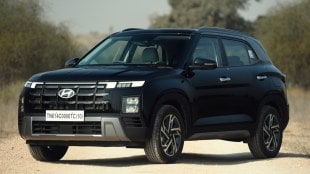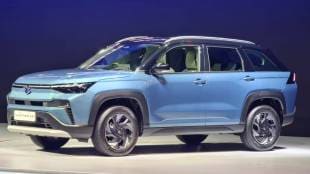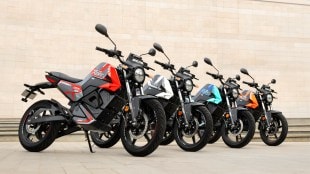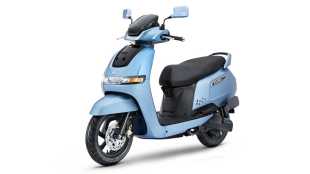Last week, Audi India launched the all-new Q7 SUV, possibly the ‘biggest’ symbol of the German carmaker in terms of age and size—it was the company’s first SUV in India and is one of the largest in terms of size. The Q7 was first launched way back in 2007-08, but it got discontinued prior to the implementation of BS6 emission norms starting April 1, 2020.
“This model (Q7) has its own fan following,” Balbir Singh Dhillon, the head of Audi India, told FE. “Usually, products are sold under a brand, but the Q7 is a brand in itself. It’s an emotional moment for all of us (at Audi India) that this SUV is back on Indian roads, with a more refined engine, new features and what I think is great pricing.”
The Q7 is priced Rs 79.99 lakh onwards (ex-showroom); it competes in the Indian market against luxury SUVs such as Mercedes-Benz GLE, Volvo XC90 and BMW X5, among others.
While Dhillon didn’t share the exact number of bookings the Q7 has received, he said “there are a lot of first-time Audi buyers who have booked this SUV.”
2021 sales
In 2021, Audi India sold 3,293 cars (101% year-on-year growth, but on a very low base of 1,638 units in 2020). The highest selling models were the A4, the A6 and the Q2. “Traditionally, one of our higher-selling models has been the Q5, but the new Q5 (post-BS6) was launched in late-November 2021. This year, the Q5 could turn out to be one of our top-selling cars (because it will have full-year availability for customers). Models such as the Q5 give us confidence that we will achieve double-digit growth this calendar year,” Dhillon said. “At the same time, in addition to volume models, we will launch niche models this year.”
While Audi India sold 1,655 more cars in 2021 over 2020, it hugely trails BMW India (which sold 8,236 cars in 2021, i.e. 2,144 more cars sold than 6,092 cars in 2020) and Mercedes-Benz India (which sold 11,242 cars in 2021, i.e. 3,349 more cars sold than 7,893 cars in 2020).
“Prior to BS6 emission norms, the luxury car segment was primarily driven by diesel engines, and when Audi India exited diesel, we possibly lost a lot of prospective customers,” Dhillon said. “We went through a dip cycle, and then the Covid-19 pandemic happened and our planned launches got delayed. All of this resulted in loss of customers.”
But he is more confident about 2022. “We will have five volume models that will have full-year availability (A4, A6, Q2, Q5 and Q7) and that gives us confidence that we will have great sales growth this year,” he said. “At the same time, I must add that we are not chasing numbers, but a sustainable business model and happy customers are what we focus on.”
Union Budget FY23
As far as last week’s Union Budget is concerned, Dhillon (who has otherwise been advocating lower duties on imported electric cars for a limited period of time) said ‘policy continuity’ is great news this year. “Although there were no direct steps that could have benefited the luxury car segment, the Union Budget FY23 has focused on infrastructure development, ease of doing business and has pointed towards a stable policy regime. All these measures indirectly benefit the automotive sector,” Dhillon said. “At the same time, I believe that if we could get a window of 3-5 years where import duties are reduced for electric cars, it could give us an opportunity to test the market.”
In 2022, Audi India will focus on strengthening its EV presence, towards meeting its stated goal of 15% of its sales coming from EVs by 2025. “To meet this goal, we will have to launch far more affordable electric car models than what we have in India right now,” Dhillon said.
Audi India currently has five fully-imported EV models costing far beyond Rs 1 crore, and Dhillon said that to meet the 15% sales target by 2025, Audi India will launch more affordable EVs.




















